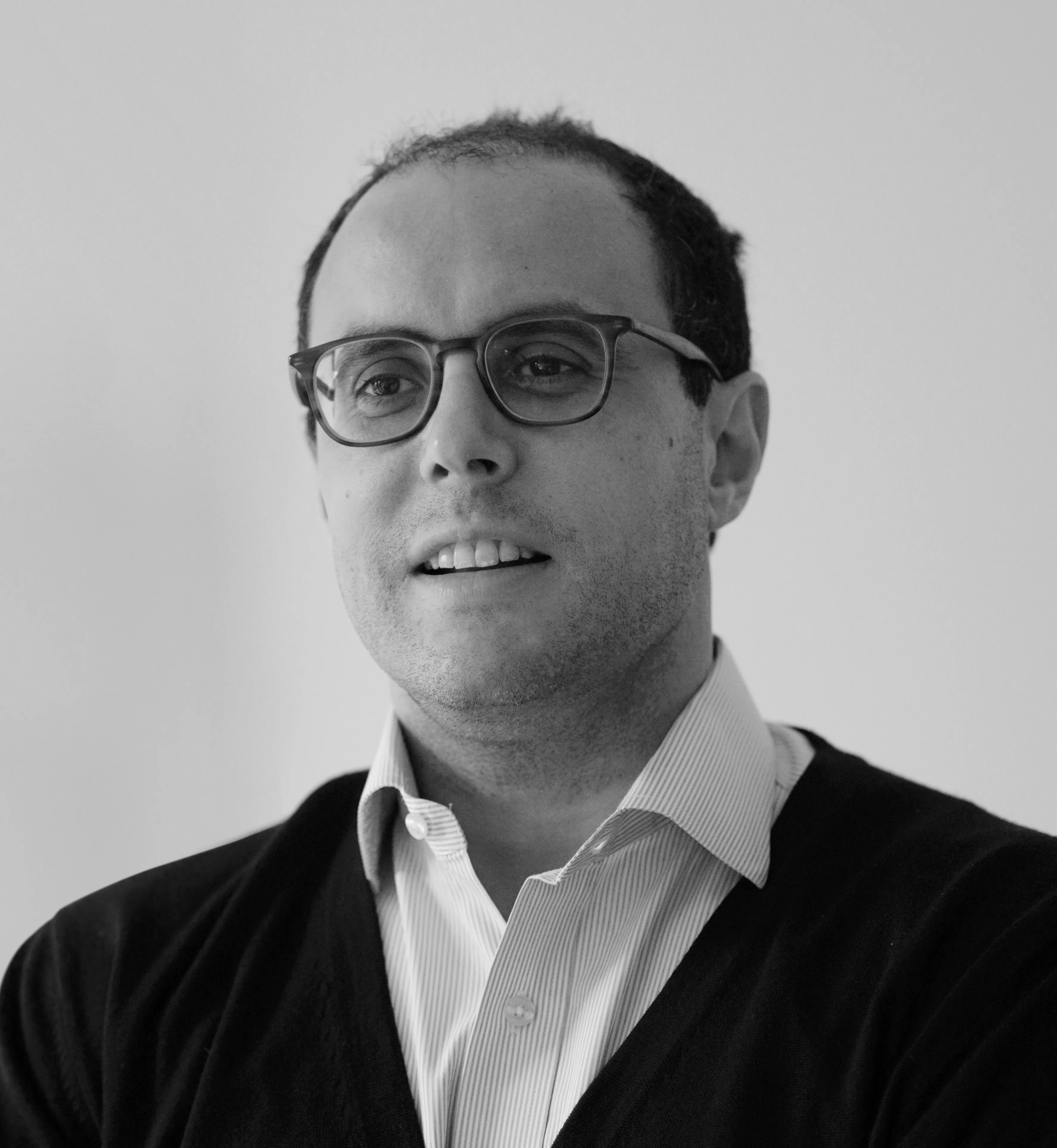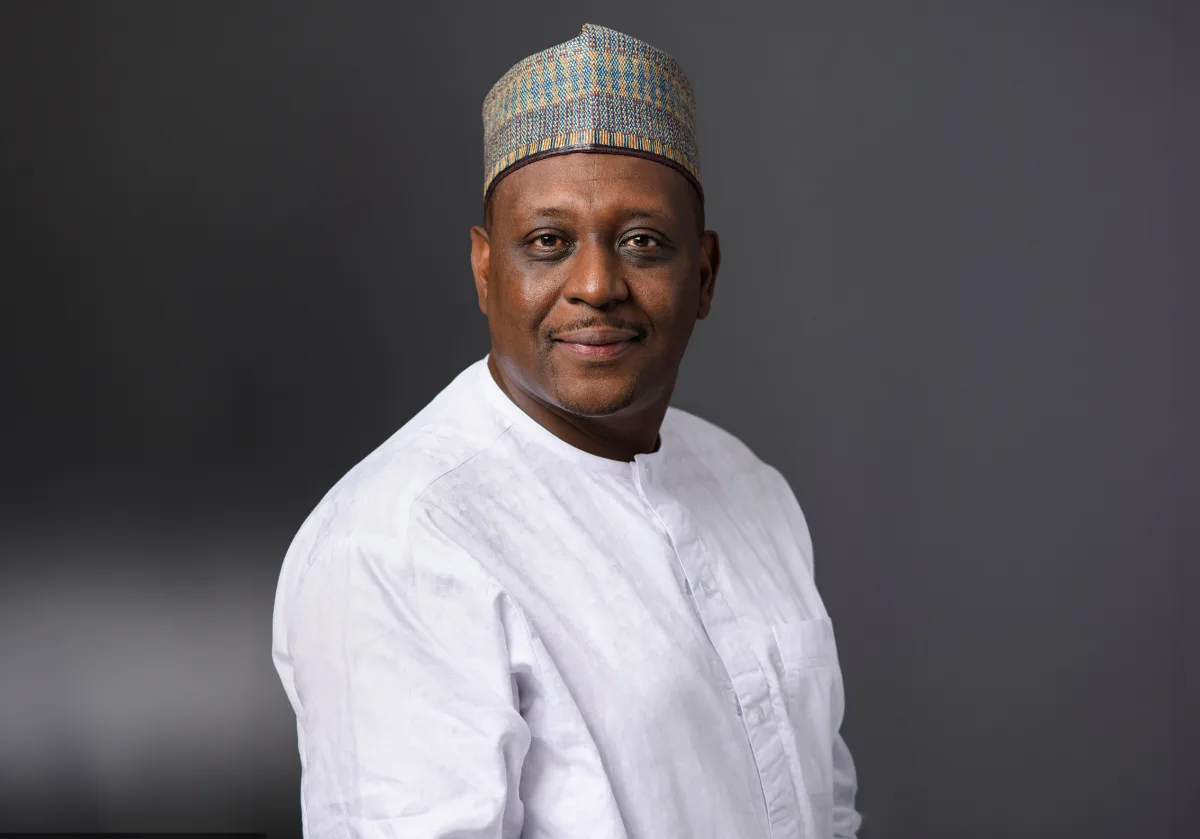Before he took his current job as Nigeria’s coordinating minister of health and social welfare, Muhammad Ali Pate was set to become the next chief executive officer of GAVI, the public–private global health partnership that promotes vaccination around the developing world.
But he chose, once again, to respond to the call of national service – he served as health minister previously – and to take on the task of revamping the health service of Africa’s most populous country. Pate has his work cut out for him.
The data provider Statista places Nigeria 157th in a ranking of health systems worldwide. The United States Agency for International Development estimates that the country has the second-highest number of people living with HIV globally, and accounts for 9% of all patients in the world. According to the World Health Organization, life expectancy in Nigeria, as of 2019, was 61 for males and 64 for females. A national health insurance scheme, first mooted in 1999, has undergone at least two iterations since, with enrolment now at a meagre 5%.
All this is before taking into account the inadequate infrastructure and a crippling drain of practitioners as many flock to the West for better working conditions. Undaunted, Pate is approaching the task in a methodical fashion.
“Our focus is to allocate and utilise the resources that are available, the incremental resources that we have had, and channel them towards those interventions that will deliver best value for the resources. So more health for the money, just as we’re increasing the money available for health,” he explains to African Business.
Four pillars for health
The broad health agenda, he says, is to be implemented across four pillars that broadly reflect the current Tinubu-led administration’s view of what needs doing in the sector. First is to improve governance in the sector and ensure that there is a coherent and coordinated approach that brings together national, state and private sector interventions.
Under the “Renewed Hope Agenda” the administration also seeks to strengthen the regulatory institutions in the sector to facilitate better policy responses to health challenges and improve prioritisation. Those priorities, Pate says, include “basic health care, immunisation, maternal health, child health, basic diseases, as well as the quality of the hospitals that we have”.
Technology will be key to this. Pate says data and digital technology are among the key enablers that the sector will rely on.
“We see these as a real opportunity to be more efficient, more transparent, more accountable, and to deliver services better.” Using digital tools will also help to defragment financing and reduce duplication, inefficiencies and wastage. Primary and preventive care The second goal is to improve health outcomes by investing in primary health and placing emphasis on preventive care.
“It’s really an effort to improve what we call the allocative efficiency within the sector, to fit those things that need to be treated at the primary health care level and then decongest the higher-level facilities to focus on more complicated cases.
“We’re expanding primary health care in an integrated manner using the basic health care provision fund.”
In December President Tinubu launched a sectorwide health renewal investment program aimed at addressing various aspects of healthcare such as immunisation, maternal and child health services, and treatment for conditions like malaria, pneumonia, hypertension, and diabetes. This arm of the plan also involves more resources and infrastructure at local levels. The third pillar is to unlock a health value chain in the country.
“We do know that there’s a health care value chain that exists but has not been properly harnessed. We have been importing much of our generic pharmaceuticals, some of which are not of the best quality, at high prices,” Pate says.
Under the direction of the president, the ministry is pursuing an initiative that will see more of its healthcare procurement being done locally.
“There are some things that are very simple, such as fill-and-finish [including drug packaging] or generics, that we can produce or have them licensed to be manufactured here. In the medium term, we are looking at vaccines, devices and equipment. It’s not easy but it’s possible.”
The success of this pillar will depend very much on the participation of the private sector and, as Pate is happy to report, there have been some promising interactions.
“We have indications of support from private sector entities that are looking at the Nigerian market and the policy framework that is now being led by this administration, some of which goes beyond health, but at least in the health sector we have seen some major entities trying to come and manufacture things like diagnostics.
“The local manufacturers are also keen so we are looking at fiscal policy measures that will enable them to expand their capabilities while we’re strengthening our regulator, the NAFDAC [National Agency for Food and Drug Administration and Control], to be able to play the role of an effective and efficient regulator so that the industry grows to produce things that are safe and effective in our
“We do know that there’s a health care value chain that exists but has not been properly harnessed. We have been importing much of our generic pharmaceuticals, some of which are not of the best quality, at high prices’ market.”
Plans are afoot to meet CEOs of biomedical companies in Europe to enlist them in this drive to localise production of healthcare equipment and consumables which, Pate points out, will have the added benefit of job creation.
“The president’s healthcare value chain initiative is trying to optimise that value chain because it can serve our needs, serve our health security needs, but also create jobs and bring economic value.”
This is necessary, Pate says, because Nigeria cannot continue to rely on external sources, a lesson from the pandemic and also the basis of the fourth and final pillar of the Tinubu health agenda.
Planning and monitoring
“This [pillar] is to ensure that, based on what we have learnt from the pandemic, we are not exposed when something like this hits; that we can detect outbreaks quickly and we are able to identify the pathogen and have the capacity to respond.”
Pate explains that previous campaigns, such as that against polio, have bequeathed useful surveillance infrastructure and delivery mechanisms that can be repurposed for this agenda. All of this will of course require resources. The federal government has signalled that it is ready to put some money where its aspirations are. This year, the government has committed N1.5 trillion (about $1.7bn) to the sector. This figure will be matched by state governments; while further resources will come from the country’s development partners, including state and non-state actors, totalling $3.5bn over the next three years. The challenge now, Pate notes, is to execute and deliver value for these monies.
“We are on the path towards doing so, so that we can show results for those investments. This is the first budget that President Bola Tinubu constructed. So I think you can sense the direction and his intent to invest in health as part of his broader human capital agenda,” Pate says.
Nigerian priorities
Development partners need to buy in to the government’s approach to ensure success, he argues.
“They have to change their approach to align with the priorities of the government. If they pick their own priorities from Geneva or somewhere else to come and implement for us, I’m afraid we will still have the same poor results that we have had over the last 10 years,” he cautions.
Poor results can be ill afforded in a country where so many of its wealthier citizens choose to seek care abroad. An estimated $2bn is lost to outbound medical tourism every year, most going to Europe, North America and the Middle East. It is a trend that the minister wishes to push in the other direction.
“It’s our aspiration that over time we will reverse the outgoing, outbound medical tourism and perhaps even invite external medical tourism from other places. It may be from Europe or other places, but that will take some work from our side. We’re investing in our health infrastructure to be able to do that and attracting human resources, some of which are in the Diaspora. If we can do what we have now put on the table, we think it will not become necessary to travel for, say, cancer care or orthopaedics.”
It is not only patients that Nigeria wants back; it needs its nurses, too. The combination of poor working conditions and the shortage of healthcare workers in some developed countries has led to a dramatic increase in the number of its professionals working abroad. While he would prefer to have his professionals at home, Pate has a practical view of the situation, recognising the push and pull factors driving the phenomenon can’t be reversed by administrative fiat.
“What we’re developing is a policy on managed migration where we ask the recipient countries to construct compacts with us so that for the outbound drain that we have, can they invest in expanding the training domestically, so that if we train more, even if some leave, at least many will stay. And there are experiences we have reviewed from places like the Philippines, whereby such managed migration policies, in fact, benefited everyone.”
Meanwhile, he says, the government will continue to improve conditions for healthcare professionals with a view to retaining as many as possible and perhaps, even luring some of its experienced professionals in the Diaspora to come and lend a hand at home. In the immediate term though, Pate hopes to be able to tackle child mortality and morbidity.
“That is foundational and maternity is also closely linked to it.”
An accountable, reliable and equitable system
The other concern is non-communicable diseases, which are emerging as a major concern in Nigeria and much of the developing world. Overall, he wants a healthcare system that is accountable, reliable and equitable.
“We don’t leave people behind – because an unequal society where only those at the top get what they need is not consistent with the vision of the president,” he declares.
“We want to save lives. We want to reduce physical and financial pain. We want to produce health and do it for all Nigerians.”
Can he succeed? Pate seems to think so, even if he has some concerns about execution capacity at sub-national levels. To address this, he has signed compacts with state and local government leaders and says there are signs that they will pull along.
“With the tremendous support from our development partners, philanthropies, United Nations agencies and our domestic civil society, and with the support of the president, I’ll say that despite the boldness of our ambition, I feel optimistic that we can get on the right path and deliver change that can be sustained over time.”
Want to continue reading? Subscribe today.
You've read all your free articles for this month! Subscribe now to enjoy full access to our content.
Digital Monthly
£8.00 / month
Receive full unlimited access to our articles, opinions, podcasts and more.
Digital Yearly
£70.00 / year
Our best value offer - save £26 and gain access to all of our digital content for an entire year!

 Sign in with Google
Sign in with Google 



